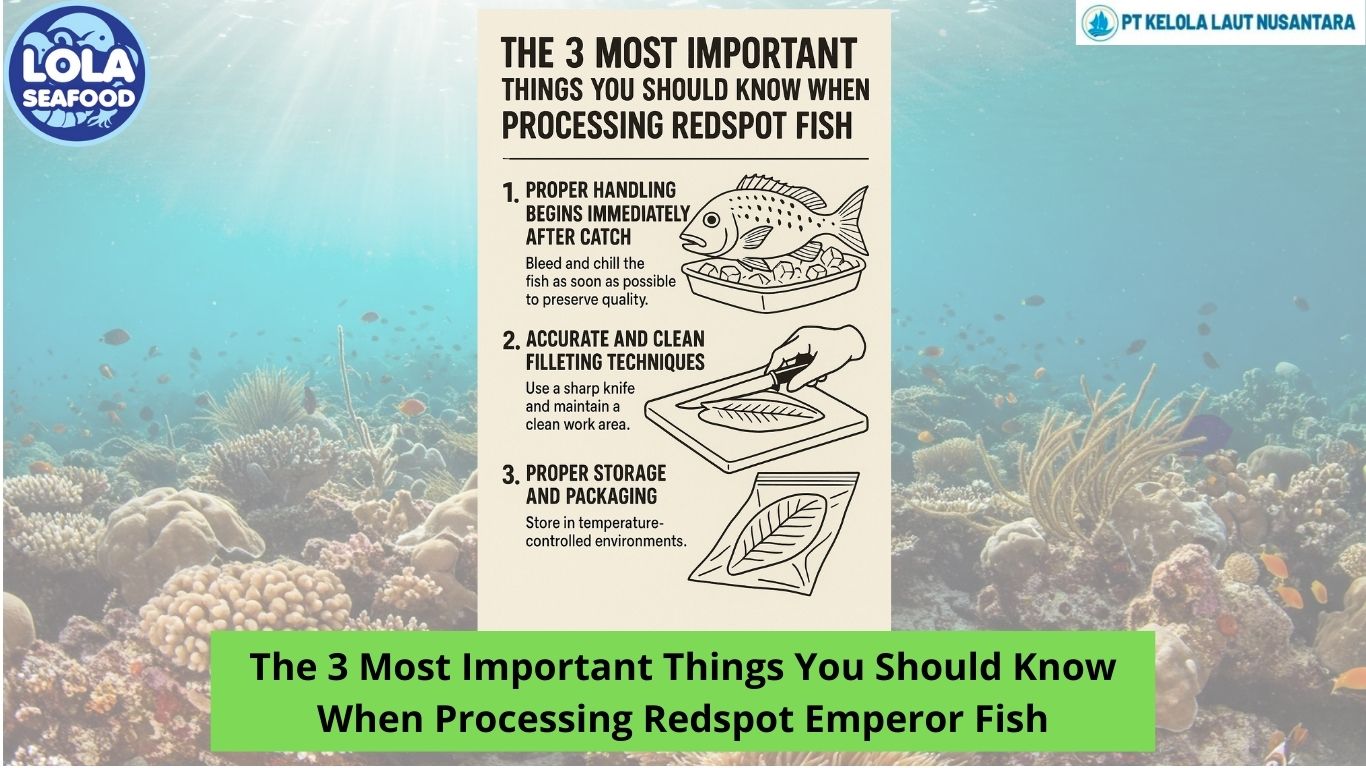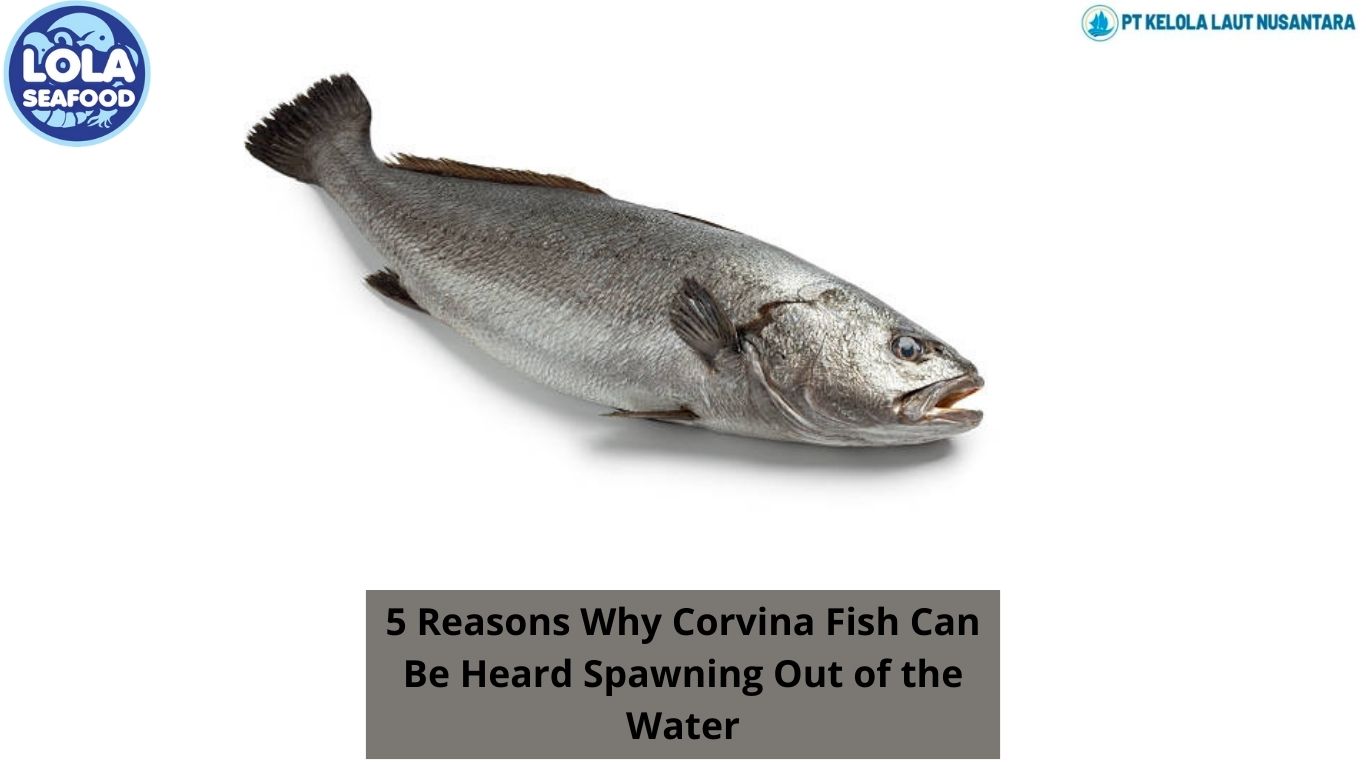Essential Tips and Techniques of Cleaning Fresh Fish
By. Nevanda - 13 Jul 2023
kelolalaut.com - Cleaning fresh fish is an essential skill for any seafood enthusiast, ensuring that the fish is properly prepared for cooking. Whether you've just returned from a successful fishing trip or picked up a fresh catch from the market, knowing how to clean a fish properly is crucial. From scaling to gutting, each step plays a vital role in maintaining the fish's quality and flavor. In this article, we'll explore some valuable tips to help you master the art of cleaning fresh fish, ensuring a satisfying and safe culinary experience.
Here are some tips for cleaning fresh fish:
1. Start with a clean workspace
Before you begin cleaning the fish, make sure your cutting board, knives, and other utensils are clean. This helps prevent cross-contamination and ensures hygiene.
2. Gather your tools
You'll need a sharp knife, kitchen shears, and a clean workspace. Having a bowl or container nearby to collect scraps and waste is also helpful.
3. Rinse the fish
Give the fish a gentle rinse under cold running water to remove any loose scales, dirt, or debris. This step is important to prepare the fish for scaling and gutting.
4. Scaling the fish
Using a fish scaler or the back of a knife, scale the fish by scraping the scales from the tail towards the head. Be thorough but gentle to avoid damaging the skin. Rinse the fish again to remove any loose scales.
Read also: Understanding Seafood with Potential Mercury Contamination
5. Gutting the fish
Lay the fish on its side and make a shallow incision from the anus towards the gills, following the belly. Be careful not to puncture any internal organs. Reach into the cavity and remove the guts, carefully pulling them out. Rinse the fish again to ensure it is clean.
6. Removing the fins and tail
Use kitchen shears or a sharp knife to remove the fins by cutting them close to the body. Trim the tail if desired. Removing the fins and tail not only improves the appearance of the fish but also makes it easier to handle and cook.
7. Final inspection
Take a moment to inspect the fish for any remaining scales, stray bones, or residual entrails. Use your fingers or a paper towel to wipe off any impurities. Pat the fish dry with a clean paper towel.
8. Dispose of waste
Collect all the waste, including scales, guts, and trimmings, in a bag or container. Seal it properly and dispose of it in accordance with your local waste disposal guidelines.
Remember, hygiene is crucial when handling raw fish, so always wash your hands thoroughly with soap and water after cleaning the fish. Cleaning fish can be a messy task, but with practice, it becomes easier and more efficient.
Read also: Take a Look at Alaskan King Crab Catching Process








